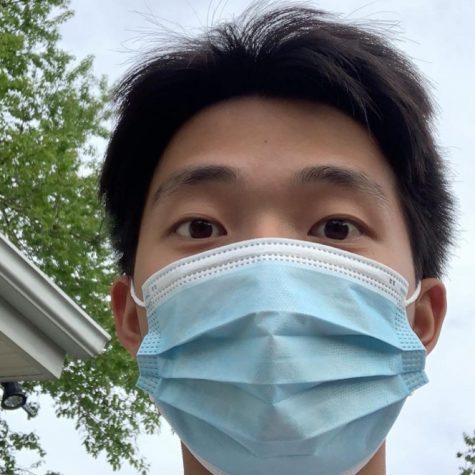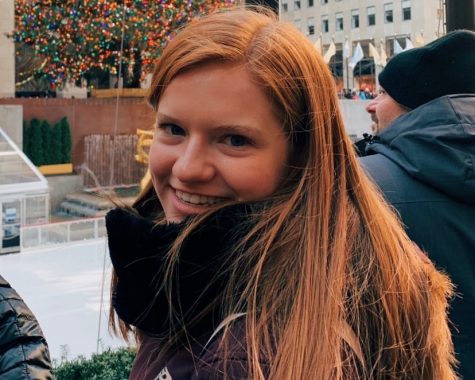TikTok is more than just dancing. It’s about politics too.

Political TikTok has grown in recent months.
September 10, 2020
TikTok, the app associated with teenagers dancing, Charli D’Amelio, or the home of the Sway House, has brewed its own political community. Over the course of the past six months, America suffered through the Covid-19 pandemic, witnessed the murder of George Floyd, and became the battleground between the two major political parties.
Teenagers, watching these events unfold through their phones, became quick to share their opinions on the trending app. Those who share similar political beliefs have created virtual “hype houses” where they create content expressing their views on day-to-day electoral politics.
TikTok houses the Conservative Hypehouse (1.5m followers), Republican Hypehouse (843k followers), and the Democratic Hypehouse (139k followers).
Creators in these hypehouses create content where they explain their views on political events in the country, ranging from whether Jacob Blake’s shooting was justified to whether Trump actually called veterans “losers” and “suckers” in 2018. These coalitions may play a critical role in the upcoming presidential election.
TikTok only allows 60 second max-videos, which appeals more to viewers than sifting through a lengthy article. However, short videos on TikTok can omit critical information or context relating to a story.
Akin to mainstream media, biases and incorrect stories are prevalent throughout the app.
Information passed through these clips will be channeled through social media, and slowly reach the public. After a TikTok user views a political video, they might be inclined to share the video with family members or friends. Then, a ripple effect occurs where the same video is shared repeatedly.
A reason that the political TikTok community grew over the summer can be accredited to quarantine and the associated free time. The competitive nature of debating and debunking people’s arguments may have also been a factor in the rise of political TikTok.
Ben Krauss, a 17-year-old political TikToker (@buckethatpolitics), says political TikTok has become “popular because people like to herd up with people that have similar ideas and like to debunk or refute people on the other side.”
A less-mainstream, intellectual community has also hopped on this wave. Contrary to the mainstream electoral politics of neoliberalism and conservatism, groups such as the Marxians (16.8k+ followers), Neoaustrians (16.7k+ follower), Leftists (27.2k+ followers), and the Socialist Hypehouse (60.2k+ followers) have also formed.
Marxians are Marxists who read intensive Marxian theory, hoping to show Karl Marx in a better light. Similarly Leftists are a group of anti-capitalists seeking change through revolution, believing that the system is systemically corrupt. Neoaustrians, on the other hand, believe in the Austrian school of economics – advocating for a complete separation of government and economy.
Intellectuals of these less-mainstream groups have read theory since they were 11-13 years old or have just begun their reading journey upon entering the political community. Political/economic theories are books like Plato’s Republic, Marx’s Das Kapital, or the Communist Manifesto.
“I see political TikTok as a way to get to the political youth. I think the youth are really politically ignorant. This day and age, by Gen-z specifically, there is this narrative being pushed that politics isn’t as important as it seems. So, I think political TikTok gives the youth a platform to stay —notified, get knowledgeable because it really is an important part of their life,” says Krauss.
Political TikTok has shaped, and will continue to shape electoral politics. Whether political TikTok will open doors to political ideologies or allow teens to engage in politics, this growing community is more important than it seems.


